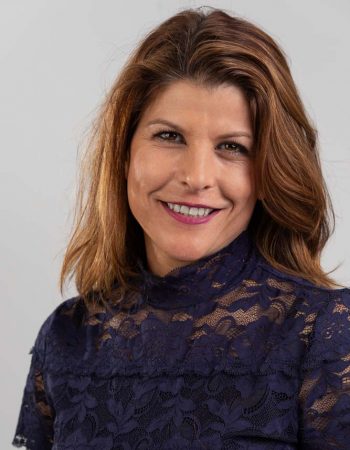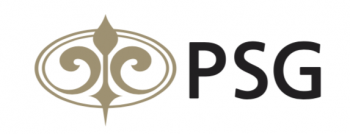Prince Charming isn’t coming. This was the evocative title of a 2007 book by American journalist Barbara Stanny. An appeal for women to become money smart, the book argued that the fairy-tale ending had traditionally meant not only romance, but financial security. If this was ever a reliable strategy, it certainly isn’t one today.
In my work as a financial adviser, I deal daily with women who both value their financial independence and carry a growing burden of responsibility for their own wellbeing and that of others. Many of us choose to remain single, or find ourselves that way after a divorce, or family tragedy.
In reality, our ability to provide for ourselves and those we love depends less on the possibility of a prince riding over the horizon, than on ensuring that we plan carefully for the expected and unexpected risks that we might encounter. The cornerstone of this is appropriate insurance coverage.
There are four areas that I highlight for my clients.
Firstly, medical aid helps manage your health. We all know the stress (and cost) of coping with doctors’ and hospital bills, and that by the middle of the year many of us find our savings accounts have run out – especially if we have young kids! Medical costs can often be managed more efficiently, for example through gap cover, generic medication, managed care benefits (chronic illness) and designated service providers. Check your policy, and examine your expenses!
I particularly recommend investigating gap cover, as it can save you a lot of money when it comes to charges above the rates covered by medical aids (for in-hospital costs). Bear in mind too that by the age of 75, medical costs can make up between 25% and 30% of household expenses. Speak to your financial adviser (or me!) on how a tax-free investment plan may help with this burden one day.
Secondly, losing your ability to earn an income through disability is a particularly serious risk. Think about a 30-year old woman – call her Sarah – with a gross income of some R37 000 a month. If Sarah should be disabled and rendered unable to work, she would need a lump sum of around R11 321 404 to replace her income until retirement age at 65 (according to Brightrock). Few of us have anything remotely like this amount of money lying around, so it’s imperative to have disability cover to step in. This could take the form either of a lump sum disability payment or monthly income protection to compensate for the lost income. In 2020, FMI paid more in claims on income protection than any other type of cover. Think about that!
Thirdly, critical illness cover. In South Africa, out-of-pocket costs for the treatment of cancer are considerable. The independent Clinical Oncology Network in South Africa estimates that depending on the type of cancer, treatment locally can cost anything between R10 000 and R1 million per patient per year. According to FMI, cancer was the third most common claim in 2020. So, cancer cover remains vital. Heart attacks and strokes are also part of the “big three” critical illness claims, but depending on the company many other conditions are covered. Sanlam’s comprehensive critical illness cover, for example, covers over 300 diseases.
Fourthly, for the benefit of those you care for, remember life cover. This is often heart-rending for me. A few years ago, an accident on a family outing to the Magaliesburg of a client of mine tragically left her husband dead. There was a serious car accident and sadly her husband passed away. She and her daughter woke up in hospital to the news. Fortunately – or as fortunate as things might be in such circumstances – he was adequately covered so that she and her daughter were at least able to continue with the same material lifestyle as previously.
As she poignantly told me: “I cannot imagine what I would have done if he didn’t have life cover, as at least I could grieve without having to worry about our financial situation.”
I think if there is one thing the pandemic taught us, it is that each of us is our own biggest asset: we need to protect and secure ourselves, and our ability to keep our income flowing and our dependants provided for. The correct life insurance, critical illness and disability cover shouldn’t be ‘grudge purchases’, but a central part of your and your family’s financial plans.
Prince Charming, meanwhile, can remain an aspiration that confident, secure women can pursue purely for the romance.
Author: Kim Rünzler, Wealth Manager at PSG Wealth, Northcliff, Johannesburg

Affiliates of the PSG Konsult Group, a licensed controlling company, are authorised financial services providers. Visit www.psg.co.za for more information.


